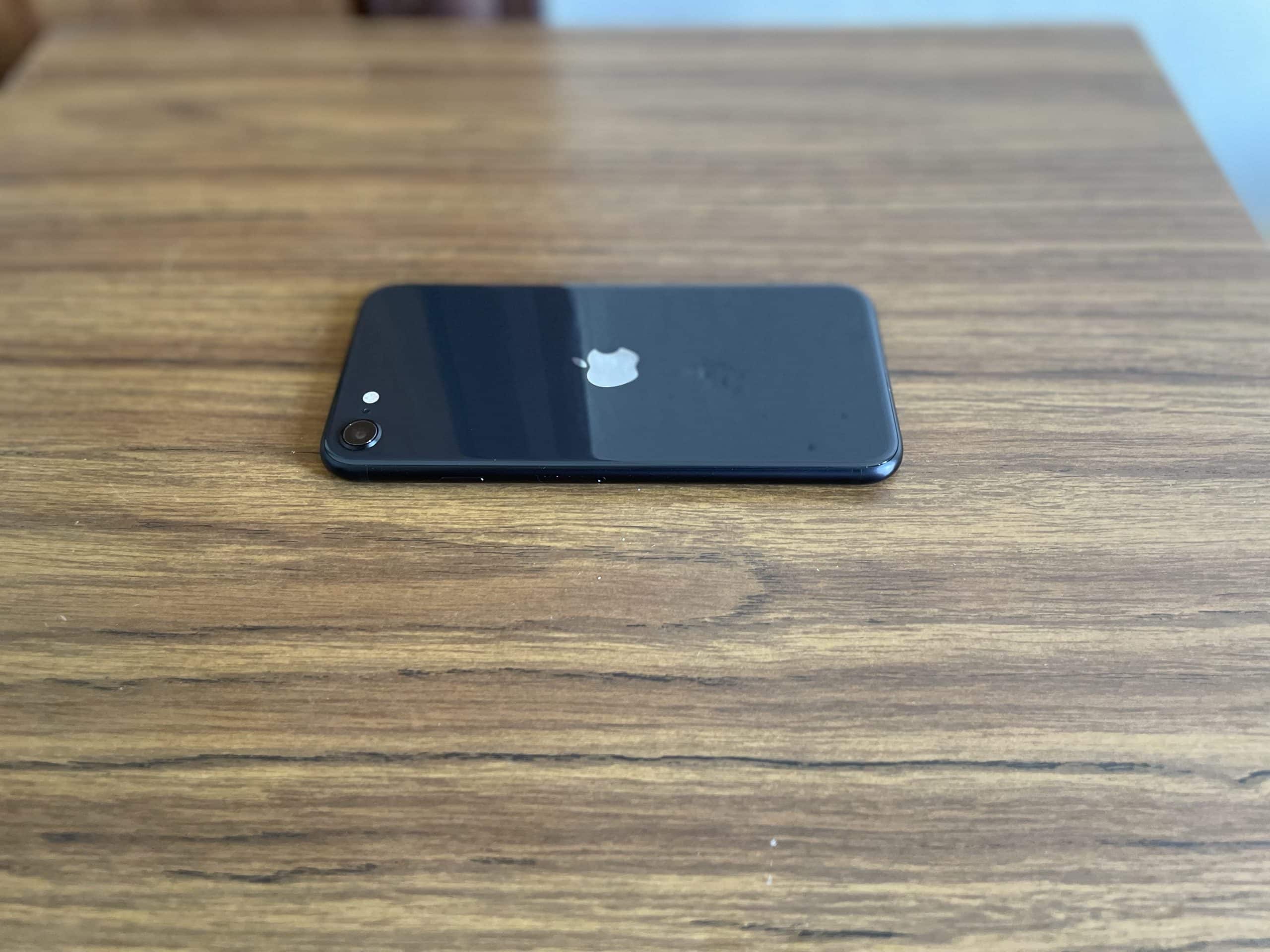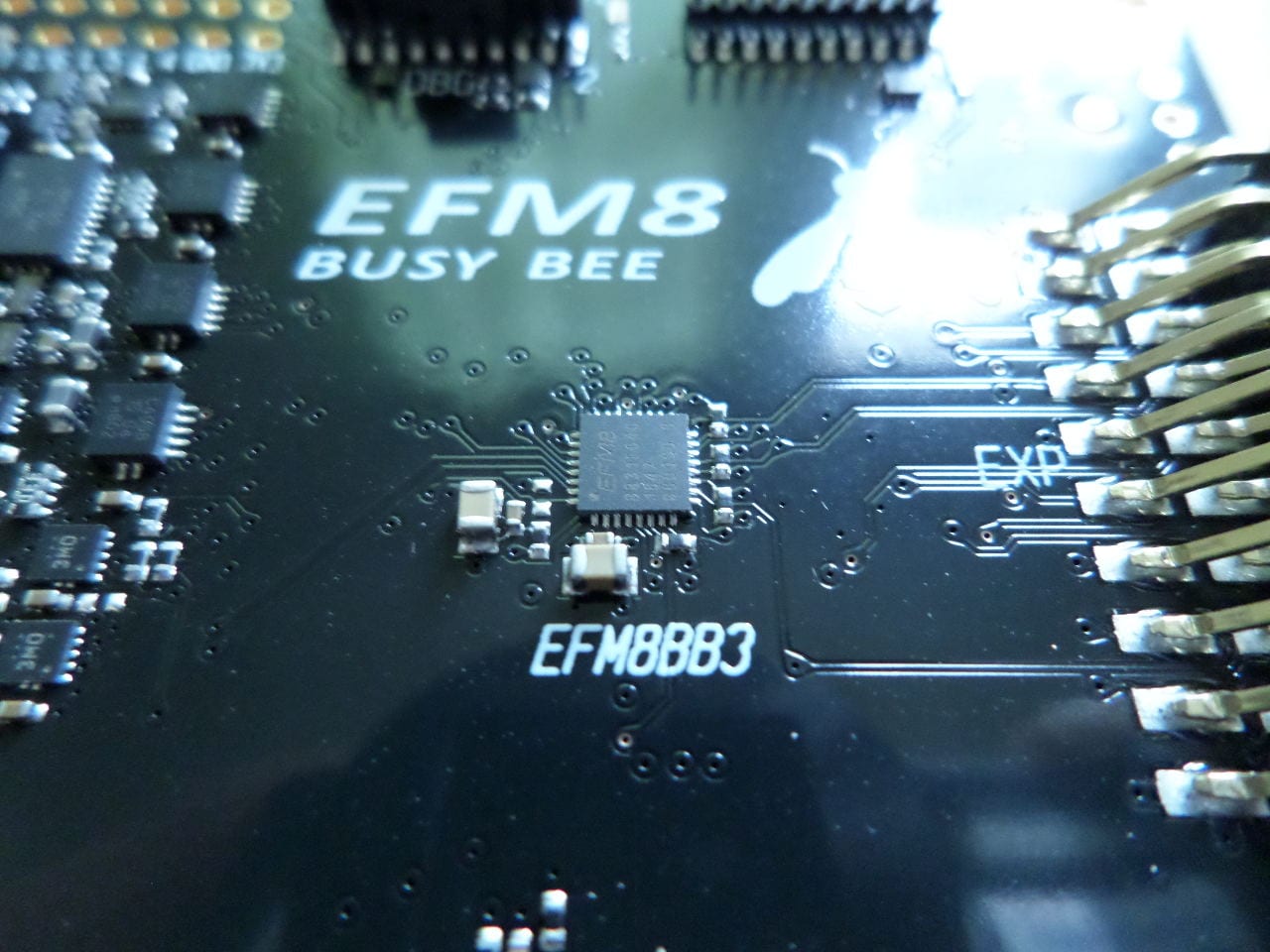Nowadays, a majority of us are constantly attached to our smartphones. While these devices can assist in increasing efficiency and improving the standard of living, they can also be a significant cause of distraction.
An increasing number of people, especially students, are allowing smartphones to impact their productivity negatively. So in this article, a professional paper writer from the top essay writing service on the market, which students use to write my paper online and get help with other assignments, discusses seven tips for reducing smartphone distractions and regaining control of our attention.
1. Set specific times when you can check your phone
Instead of constantly checking your phone throughout the day, you should set specific times for checking your messages and social media updates. For example, you could check your phone in the morning, during a coffee break, and in the evening before bed. This will help you to focus on your work or other tasks during the rest of the day.
This method can also help reduce feelings of anxiety or FOMO that come from constantly checking your phone. People who desire to improve their work-life balance and reduce stress should also take this approach. It will also help improve your mental well-being and reduce stress.
If you are a student, outsourcing some of your homework to a writing service and having professionals do my essay for me cheap or help with some other assignments decreases the time spent on your phone. You will have fewer tasks to complete and less need to check your phone constantly to avoid the said work.
2. Turn off notifications
Apps use notifications to inform you about new messages or updates. Although this feature helps you stay in touch, it can be a significant distraction. It is hard to stay focused when your attention is diverted from essential tasks by these distractions.
Avoid the constant distractions by disabling notifications for non-essential apps and services in your phone’s settings. For instance, turn off social media notifications if you don’t need to be alerted of new posts. Similarly, you can also turn off email notifications if they’re not critical to your work or daily routine.
You can also personalize the notifications you receive. Set specific apps to only notify you during certain times of the day under the “Do Not Disturb” settings. Also, set it to only send you important notifications like phone calls or text messages.
3. Get rid of distracting apps
Many of us mindlessly switch between apps on our phones. We’ll go from scrolling through Facebook to responding to texts without realizing it. This is not your fault. Most apps are designed to keep you hooked.
By explicitly choosing an app to use, you can avoid the unintentional time-wasters that come with aimlessly tapping on your phone. Keep the apps that motivate you accessible by placing them front and center. Move the apps you want to limit your time on to a different folder.
Want to take it a step further? Try deleting apps like Facebook or Twitter completely and only access them through a web browser.
4. Use your phone for specific tasks
Instead of multitasking on your phone, try to use it for specific tasks to increase focus and reduce distractions.
For instance, you can use your phone for texts and calls instead of using it to browse social media. Doing so will enable you to concentrate better on the task at hand and avoid getting sidetracked by other activities on your phone.
5. Take regular breaks from your phone
This is important, mainly if your work requires using your phone constantly. Prolonged use of digital devices can cause eye strain and negatively impact your concentration.
By taking regular breaks, you can reduce the strain on your eyes. It also improves your ability to focus on the task at hand. This can be done by setting reminders to take short breaks throughout the day.
Additionally, it is helpful to focus on distant objects, blink frequently, and adjust the brightness and text size on your device to reduce eye strain. By taking these steps, you can improve your overall well-being and productivity.
6. Make time for your “cheat” moments
A useful strategy for reducing phone usage is to establish specific times when it is acceptable to engage with your device. These designated periods can be considered your cheat moments when you can use your phone as you want.
According to a 2016 study from Tilburg University, incorporating occasional cheat moments can lead to long-term success because it implements delayed gratification. The study found that these moments help to replenish willpower, boost motivation, and make the overall experience more enjoyable.
With this tip, you can use your phone more — after you finish a certain amount of work— as a form of reward.
7. Pick up new hobbies
Find alternative activities to turn to when you need stimulation and distraction. Instead of relying on unhealthy sources like your phone, opt for productive hobbies.
You should remember that our brains naturally seek out stimuli and distractions. However, how we satisfy this craving can impact our lives. Instead of compulsively scrolling through social media, consider fulfilling this need by learning a new skill, reading a book, or completing household tasks.
Conclusion
Smartphones are major distractions because they contain several media that reinforce instant gratification. Learning your working and studying habits will help you plan your phone usage to maximize productivity.
There are various ways to regain control over technology and eliminate unwanted notifications on our mobile devices. But you must dedicate some time and put in the effort to prevent these distractions.






